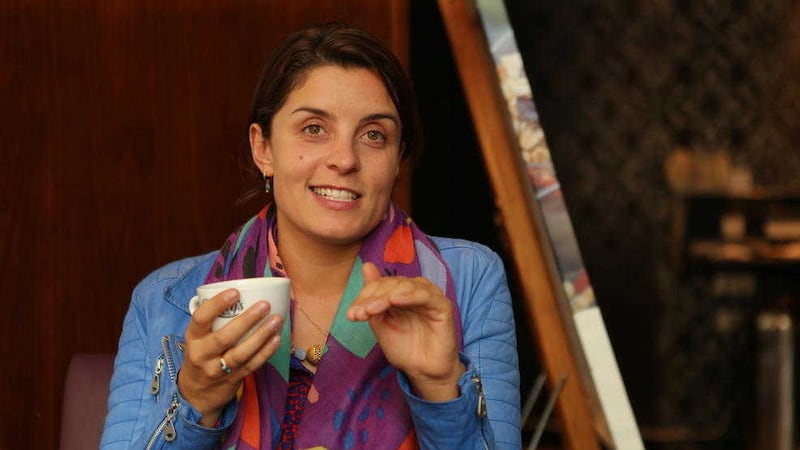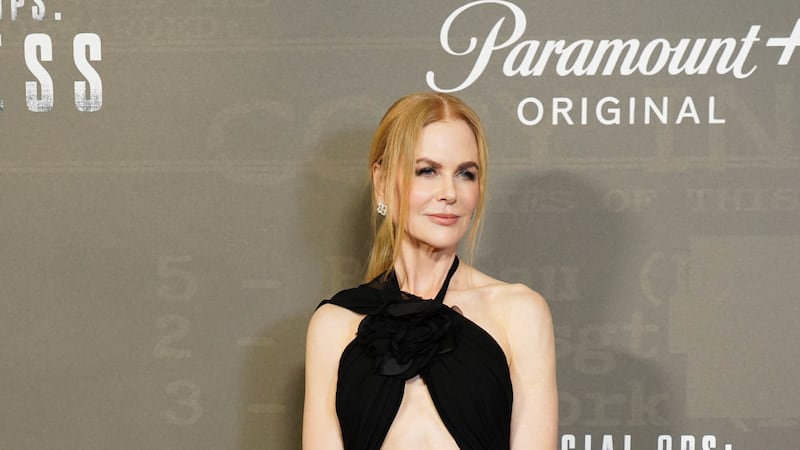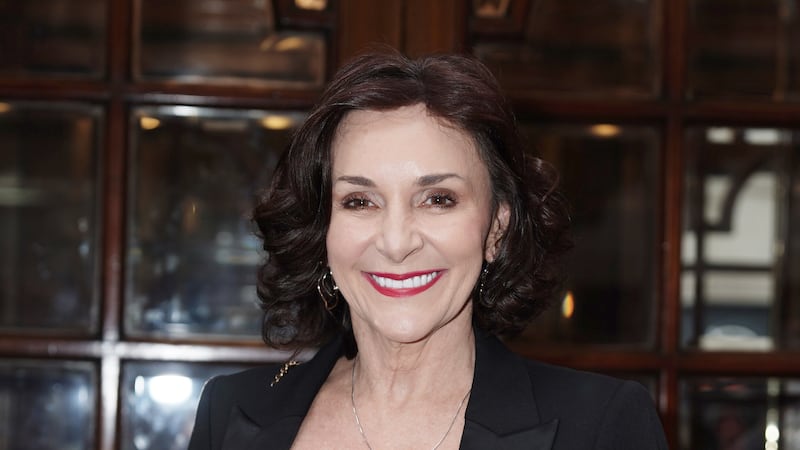JESSIE Burton's debut novel, The Miniaturist, set in 17th-century Amsterdam and inspired by Petronella Oortman’s doll’s house in the Rijksmuseum, was a worldwide best seller. The 2014 novel published in 34 countries, sold over one million copies and had its tv rights optioned – certainly nothing miniature about its success.
Her second novel The Muse, set in a dual time-frame, during the Spanish Civil War and 30 years later in 1960s London focuses on four women – Odelle Bastien, Olive Schloss, Teresa Robles and Marjorie Quick – and the story of a long-lost painting which connects them all.
Rather than an actual painting or solid object being the starting point for her follow-up novel, Burton – who studied English literature and Spanish at Oxford University ) – admits that her own personal interest in Spain sparked the subject of The Muse.
"The Muse is more abstract. I was very interested in the psychological fall out of the Spanish Civil War and the lack of healing that I feel has failed to happen in Spain. I wanted to explore how the lack of reconciliation plays out in individual lives in that they feel they can't talk about their pain, looses and grief. I was also interested in exploring art – what it gives to people and the cost of art to the individual," says the 34-year-old Londoner.
Much more than a historical thriller, love story and political commentary, Burton admits that The Muse "mutated into a personal exploration of self" following her own experience of self-doubt and anxiety.
While writing her second novel, Burton in her online blog penned a personal account of her struggle to process her success as a writer. Entitled Success, Creativity and the Anxious Space she wrote: "When something you have made in private is mass-consumed, the irony is that the magnifying glass burns even brighter on you as an individual. Who you are, where you come from, how you make your work. And if you do not have immediate answers to this, because let’s face it, who truly does, then boy, are you in for a bumpy ride. And because when you have written a surprise international bestseller, you are not supposed to complain that your mind is crushing you."
A period of psychotherapy followed, together with travel and disciplining herself to write a certain word count every day.
I caught up with Burton over a cup of tea during a whistle-stop publicity tour to Ireland – and her first ever to Belfast. Despite an early flight, she was looking fresh, content and now seems to have a more pragmatic outlook on her career and path in life.
"The Minimalist was so unexpectedly successful as a book. I was paralysed by the thought of not being able to repeat that. Whilst being a writer is an ongoing learning process, I'm a bit more at peace with it now I now realised that when you make a piece of art you are not going to replicate it over and over again and just wanted the new novel to be brilliant in itself. I don't think I'm a JK Rowling. I'm just trying to make work I'm proud of.
"With the Muse I never had a problem with the telling the story, but it was more the actual mental energy required. The amount of brain power required to write a 100,000 word novel is surprisingly a lot. Writing isn’t an escape, it’s turning up to face yourself," adds Burton, who switched off social media whilst writing The Muse.
"I had to disable my Twitter account because when I'm in a metaphysical land in my head, social media is just too tempting."
In The Muse, Burton budding poet Odelle Bastien, a young Caribbean inmigrant who begins working at the prestigious Skelton Art Gallery in London to tackle themes of racism, loneliness and morality but she also admits the character was a cathartic means of self exploration and reflection, none more so than when Odelle says in the novel: "My writing became an axis upon which my identity and happiness was hinged"
"The Muse mutated as I went along. Everything that happened to me with the Miniaturist in terms of my personality and self-confidence was fused into my writing. Odelle and Olive, in the 30s section of the book, were a means to explore what it meant to be a public artist and a private person. They definitely had a self-defining purpose."
Burton began her working life as a "struggling" actress, with credits including CBBC drama The Wild House in the late 90s and The Hour We Knew Nothing Of Each Other at London's National Theatre and Samuel Beckett's Play – which she references in The Muse.
"He's a genius and master," she says of Beckett.
She supplemented her acting with working as a PA in the City of London before having the courage to turn to writing.
"I had always written. I had actually gone back to my parents house and found a journal I wrote when I was 19 and it said I just want to write again like I did when I was seven, eight or nine and oddly I said I wanted to write about paintings – which is is quite strange given this book is about a painting. Writing surged out of the failure of my acting career basically," she laughs.
With plans for The Minimalist to be made into a television drama, would she like to return to her acting roots?
"I'd love a tiny role but it's just really exciting to see my work being reconfigured into another medium."
Her advice to budding writers is to be prepared to continuously re-edit their work.
"In my experience, inspiration only gets you so far; it's tenacity and a willingness to adapt that will get you farther," Burton says.
And having already had three careers in her young life, does she now feel content to spend the rest of her days as a writer?
"It's only been two years," she laughs. "But maybe one day I'll become a gardener."
:: The Muse by Jessie Burton is published by Ecco Press.




